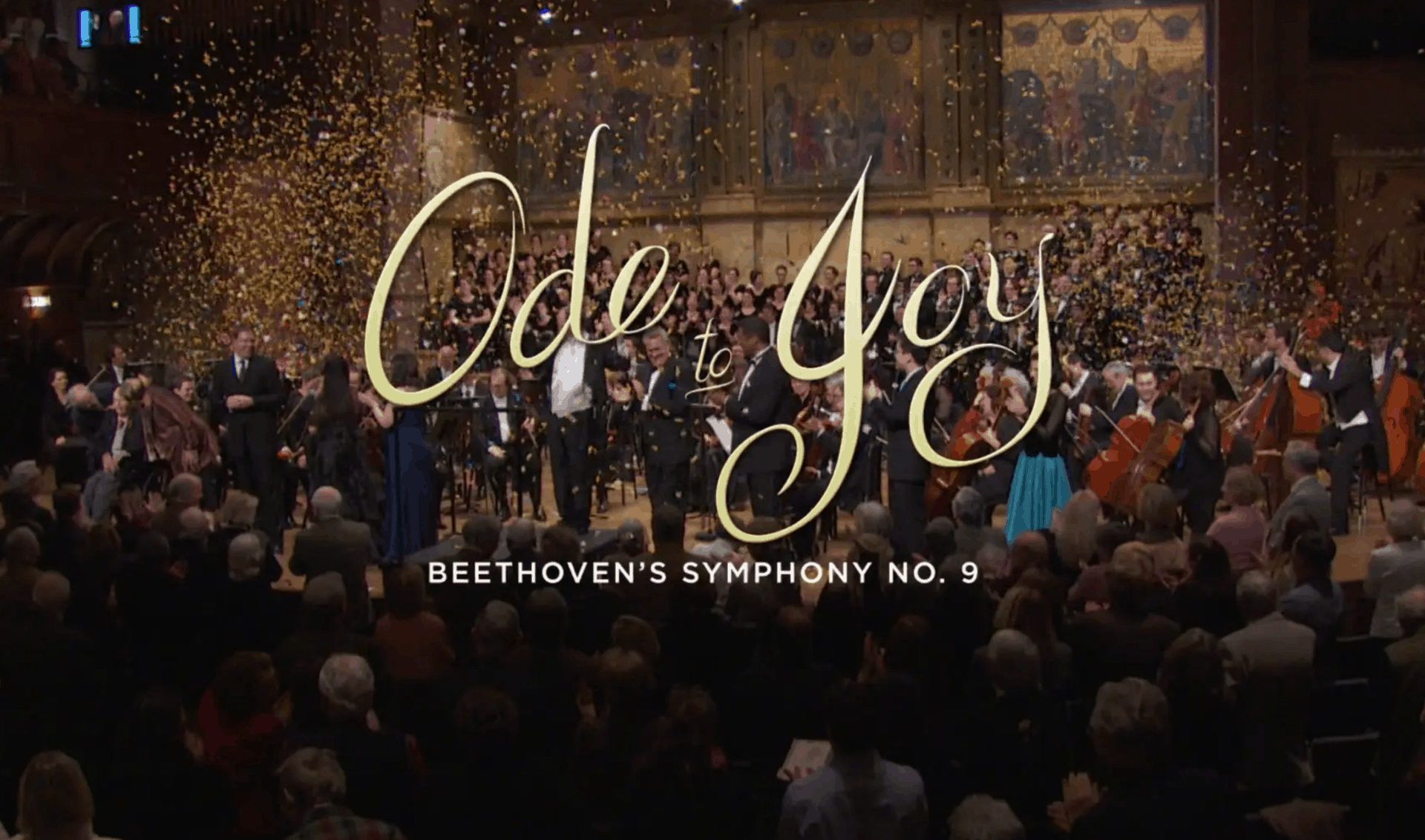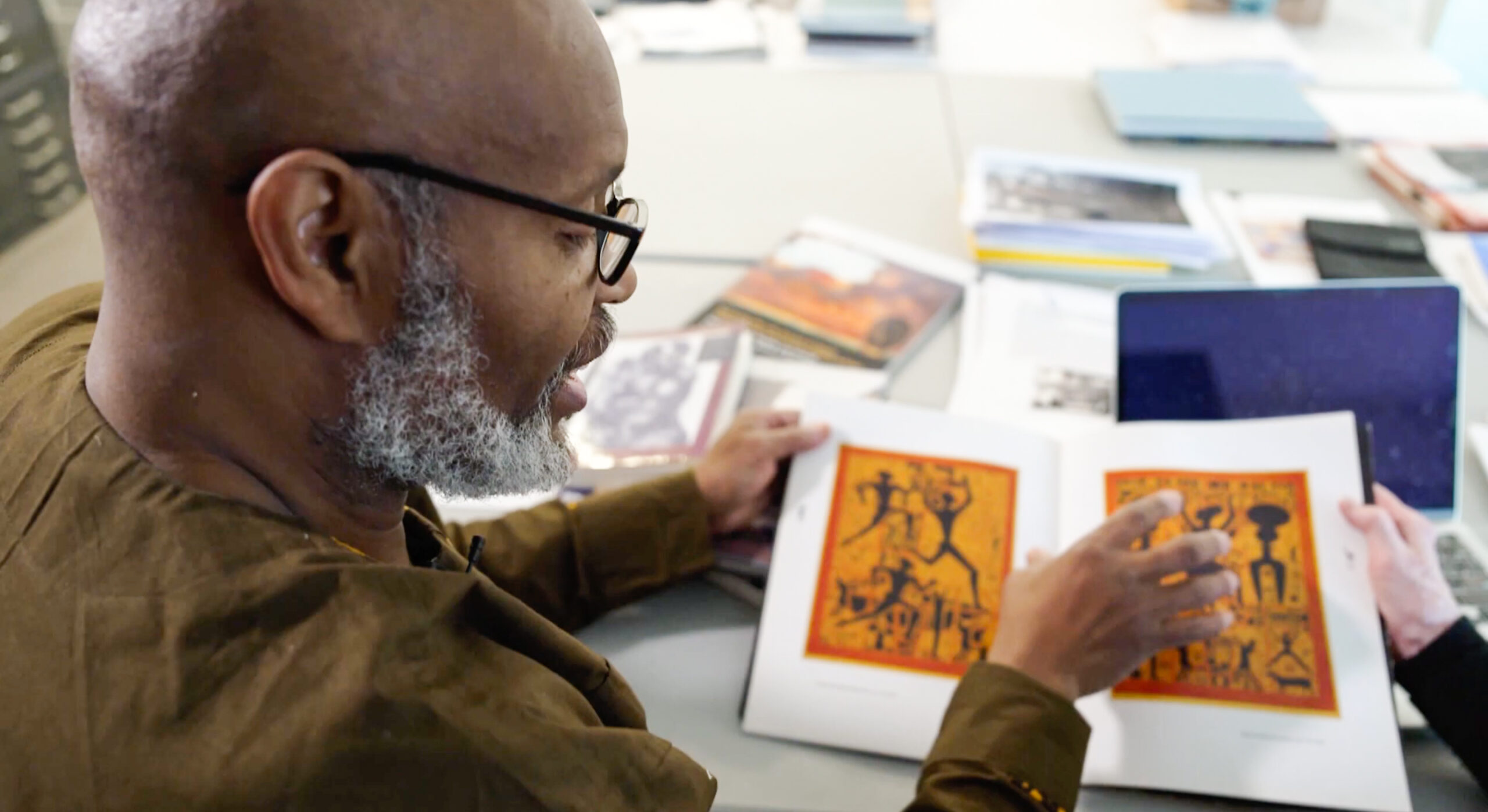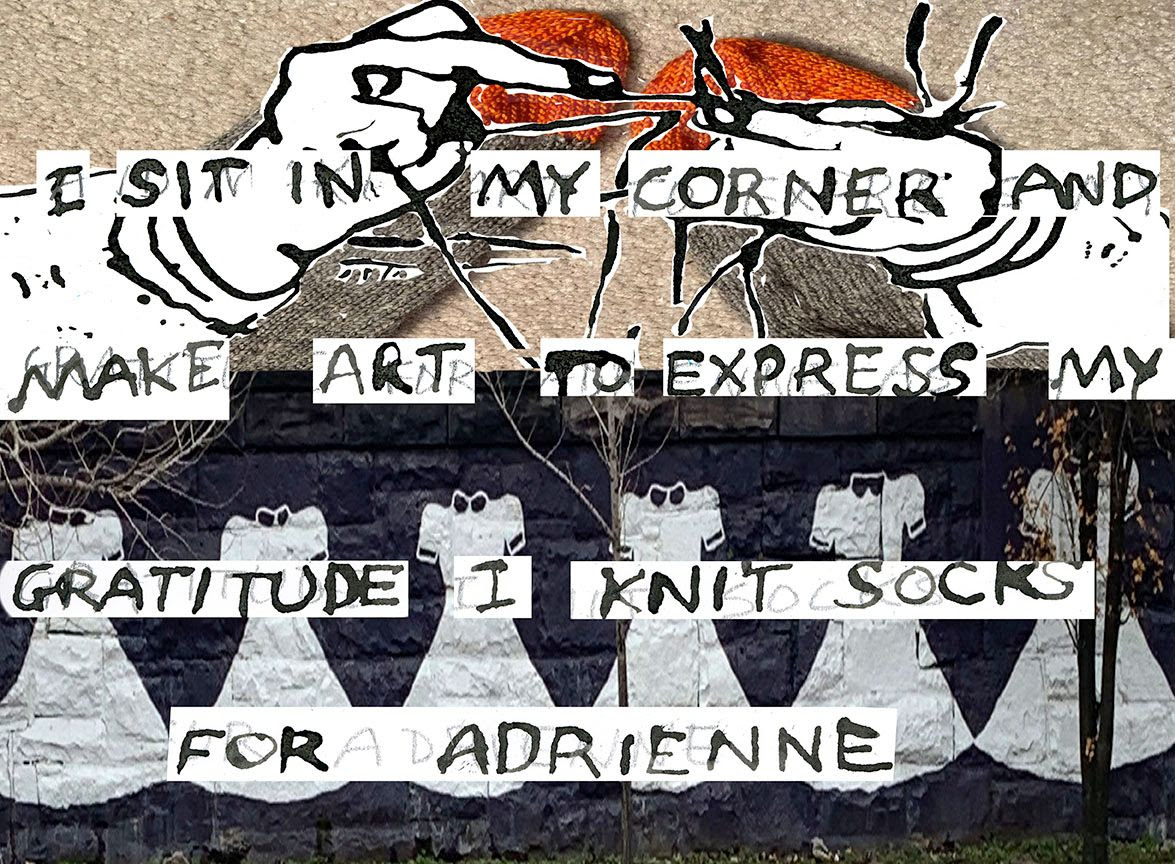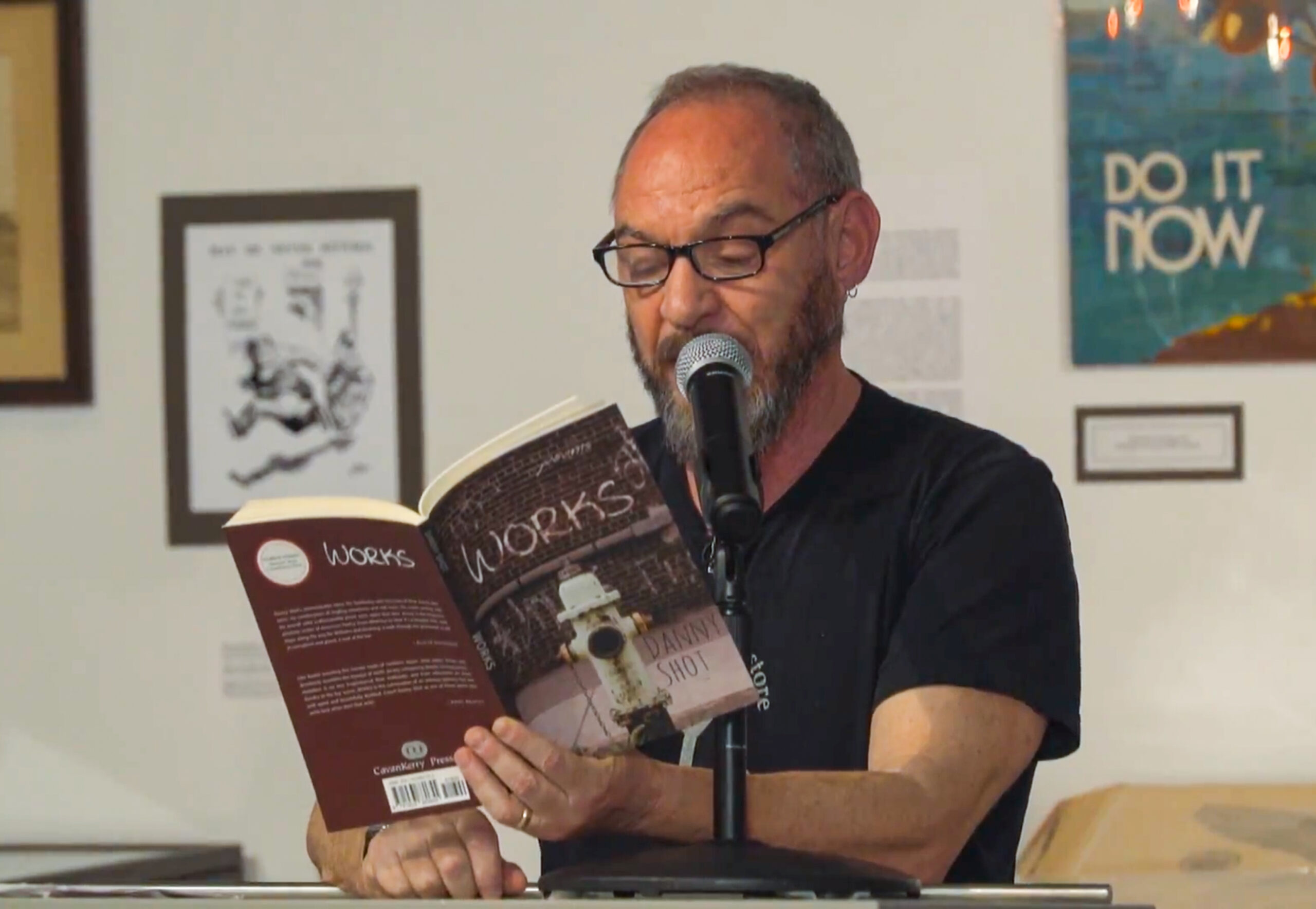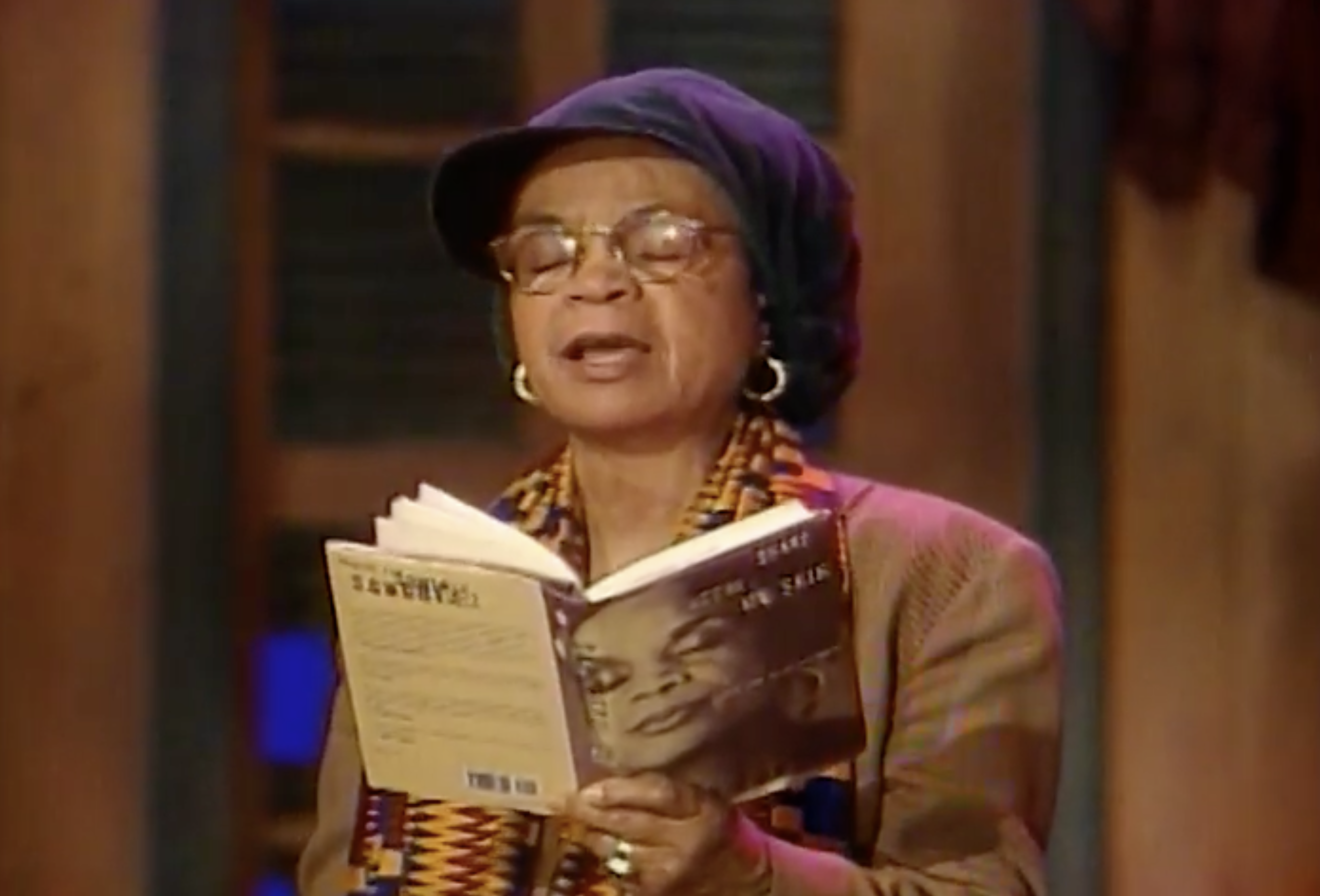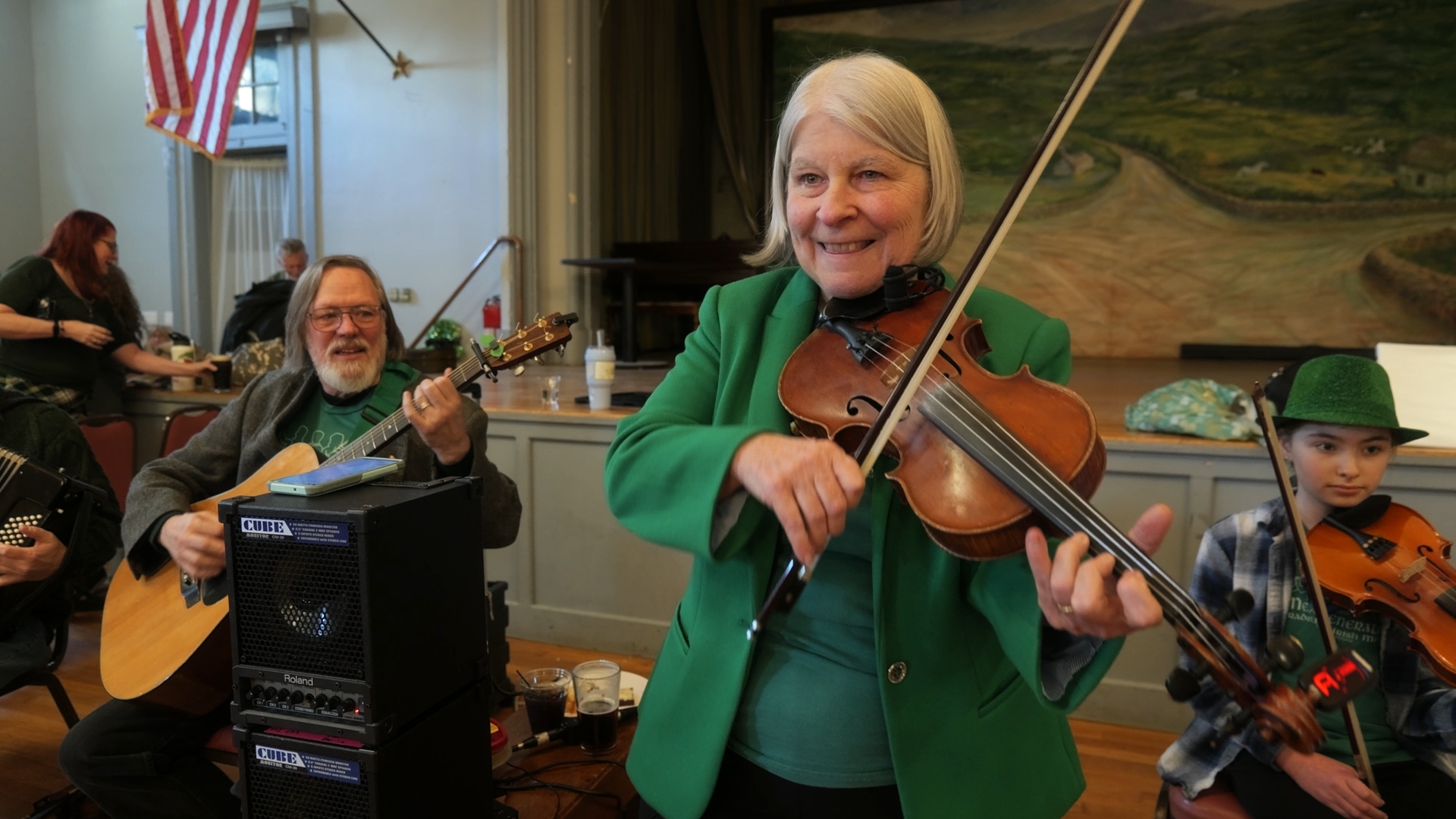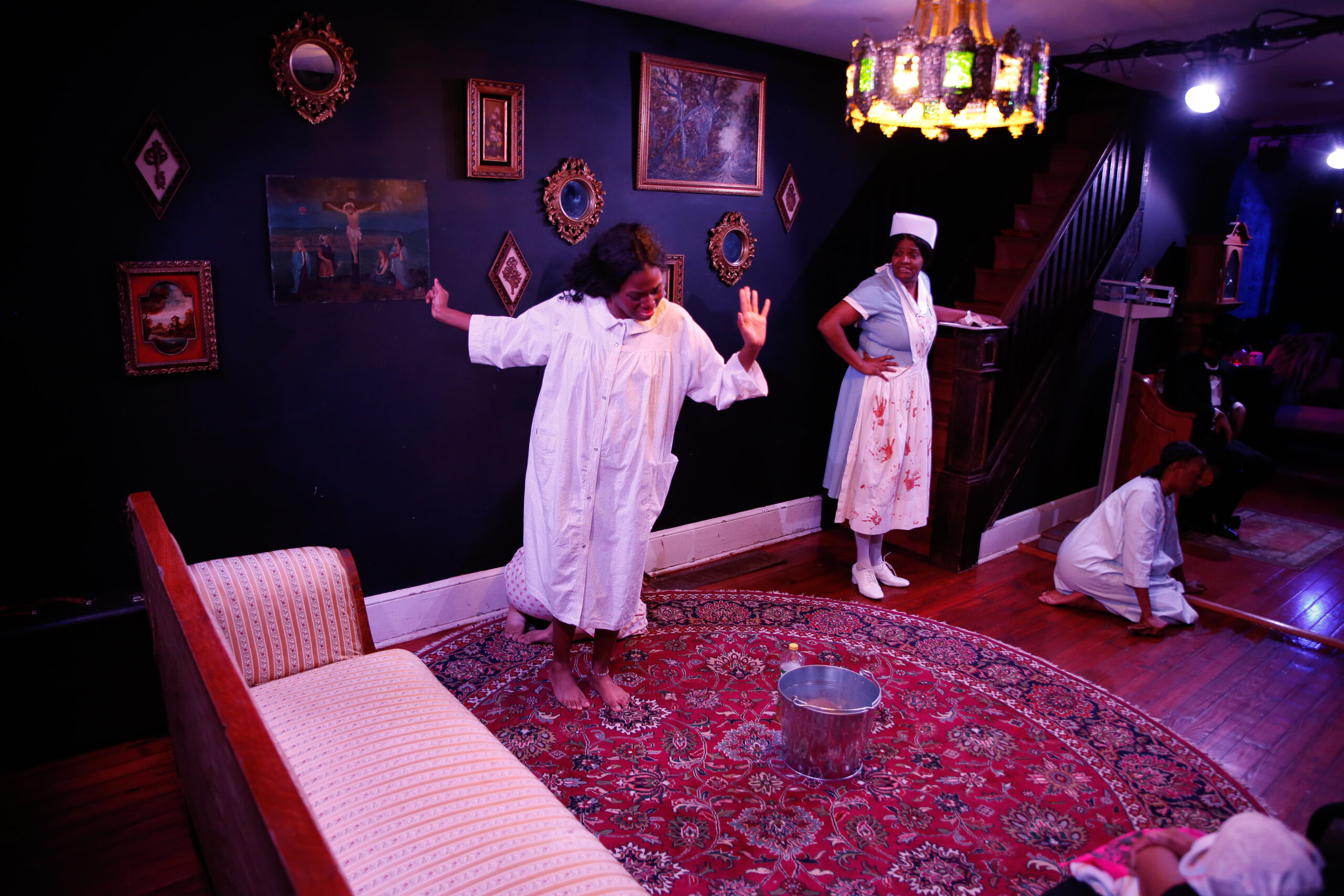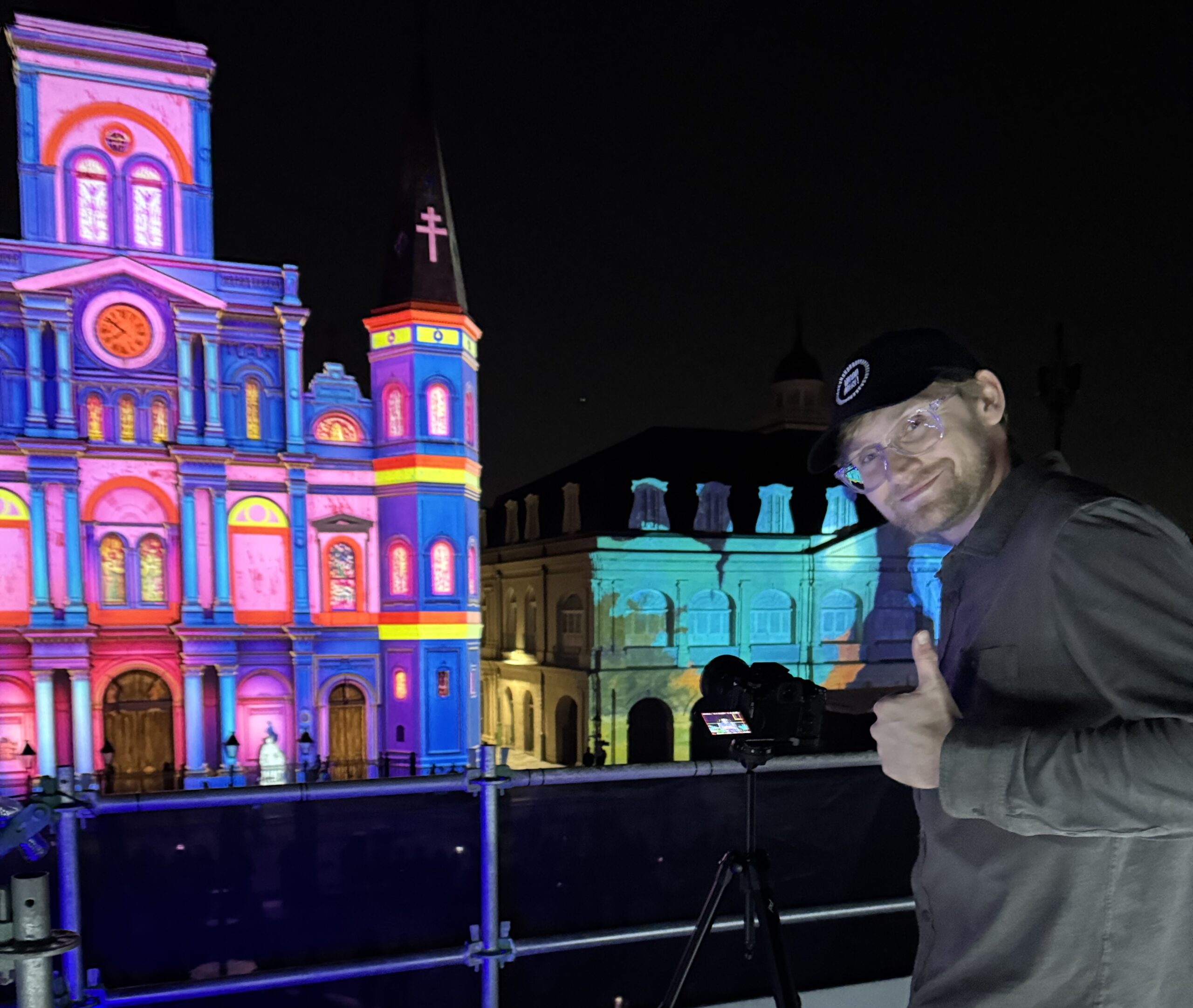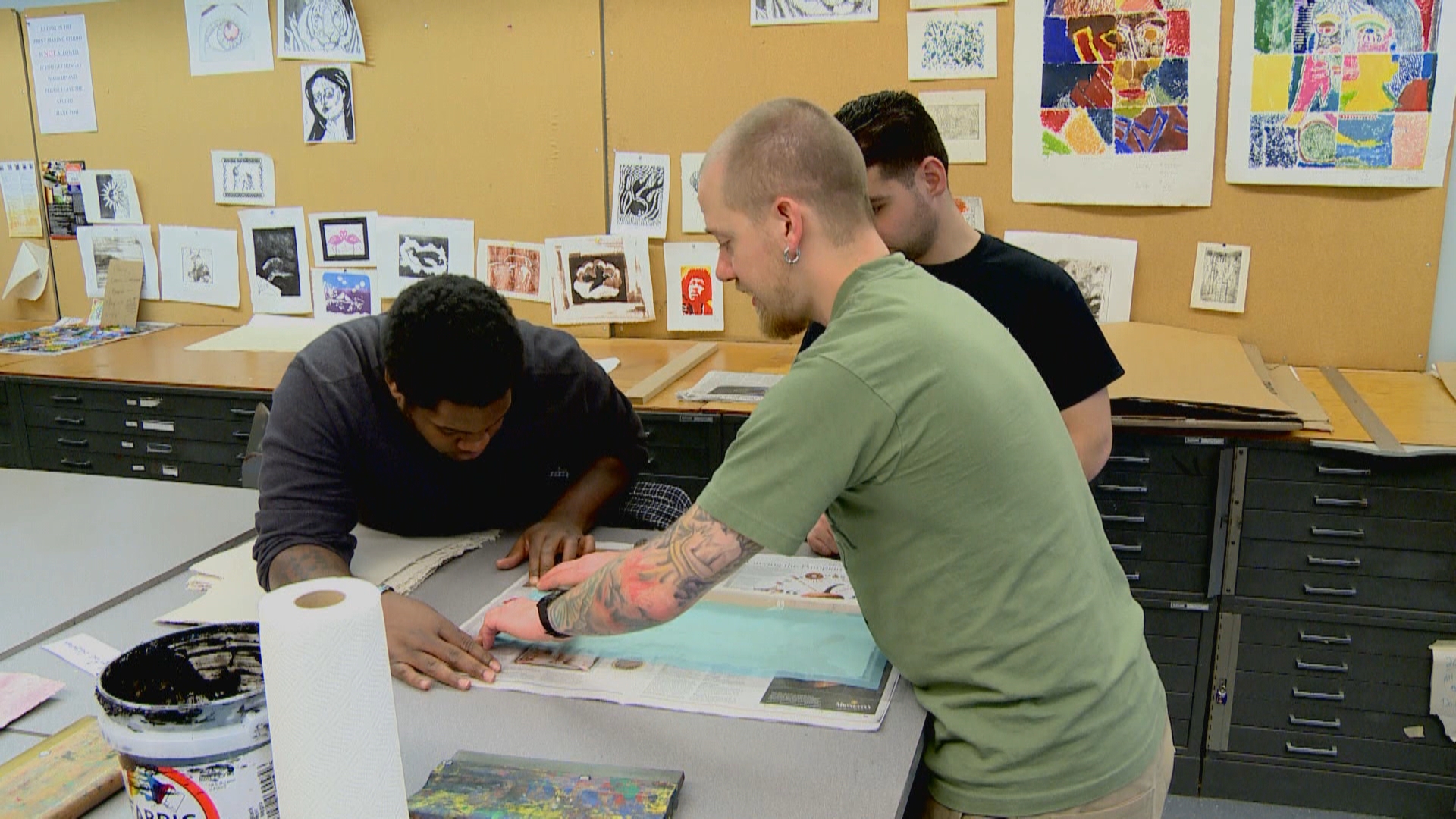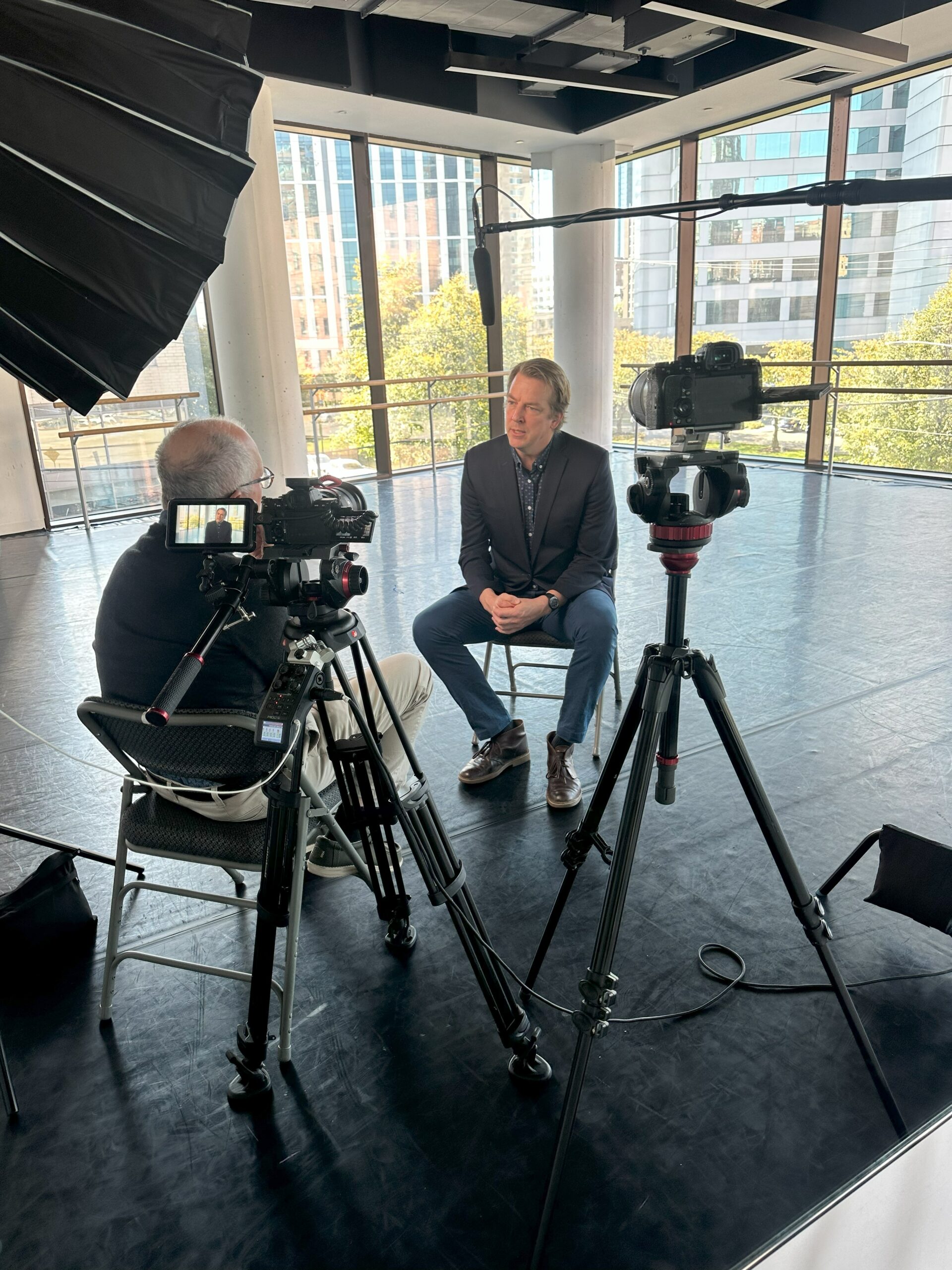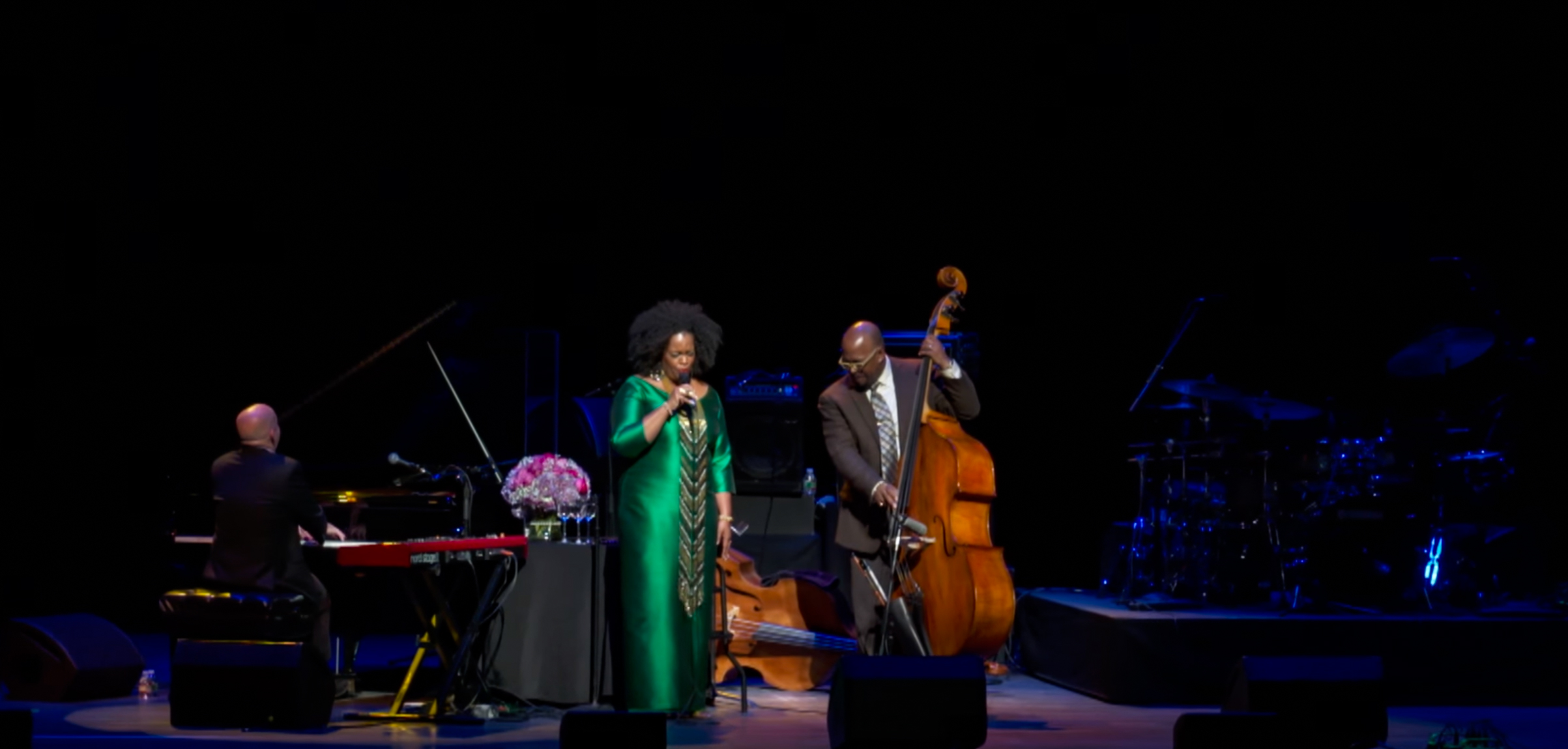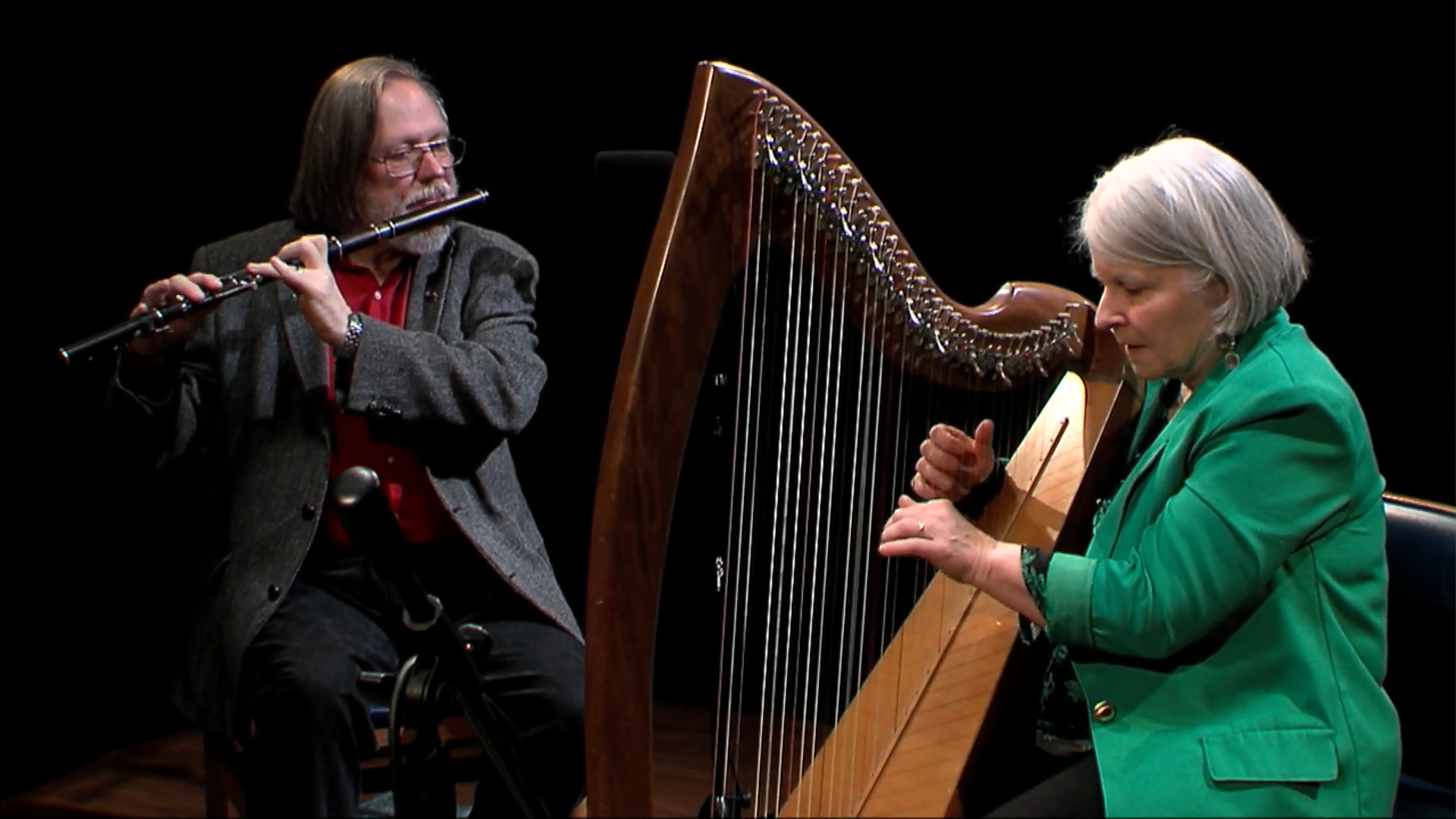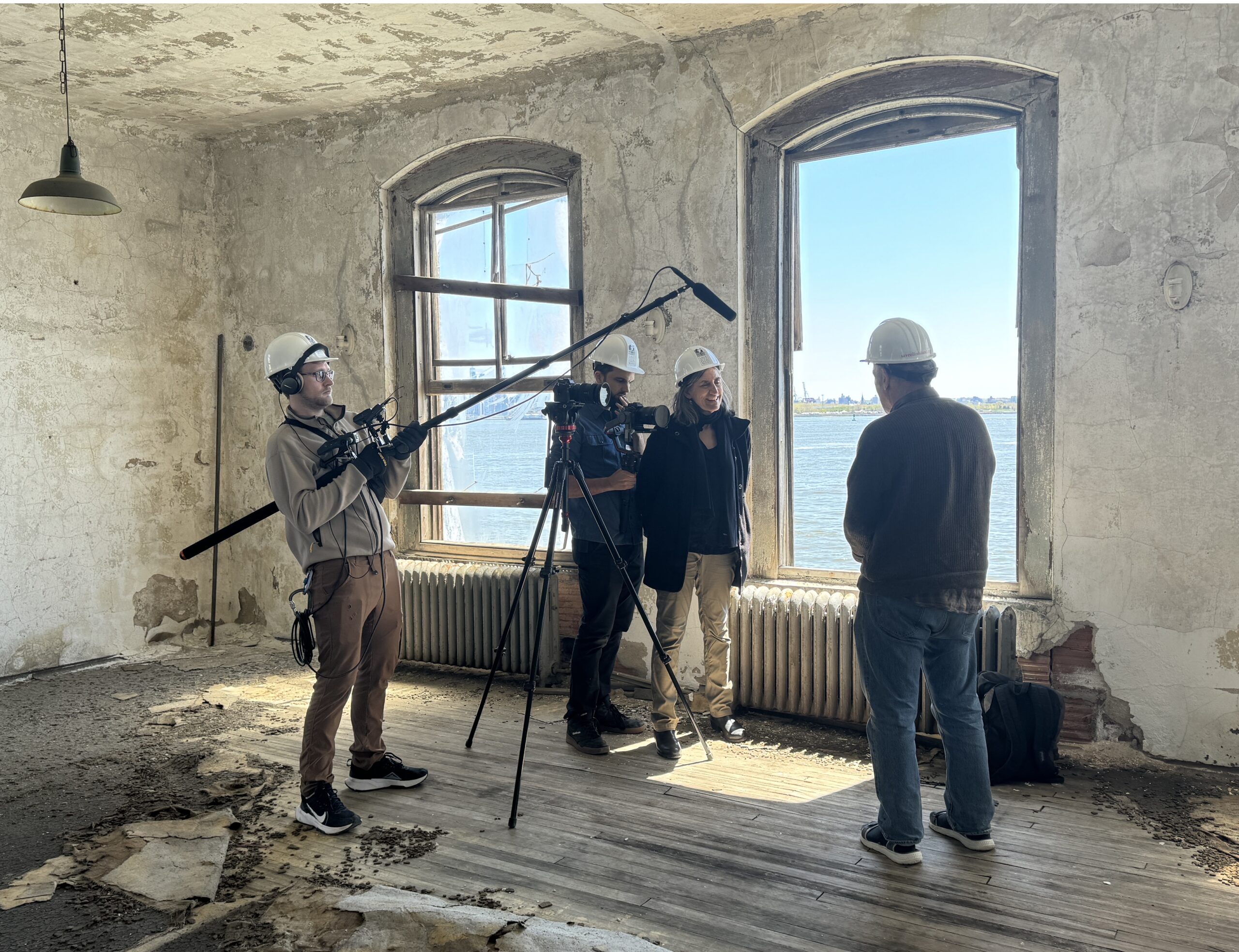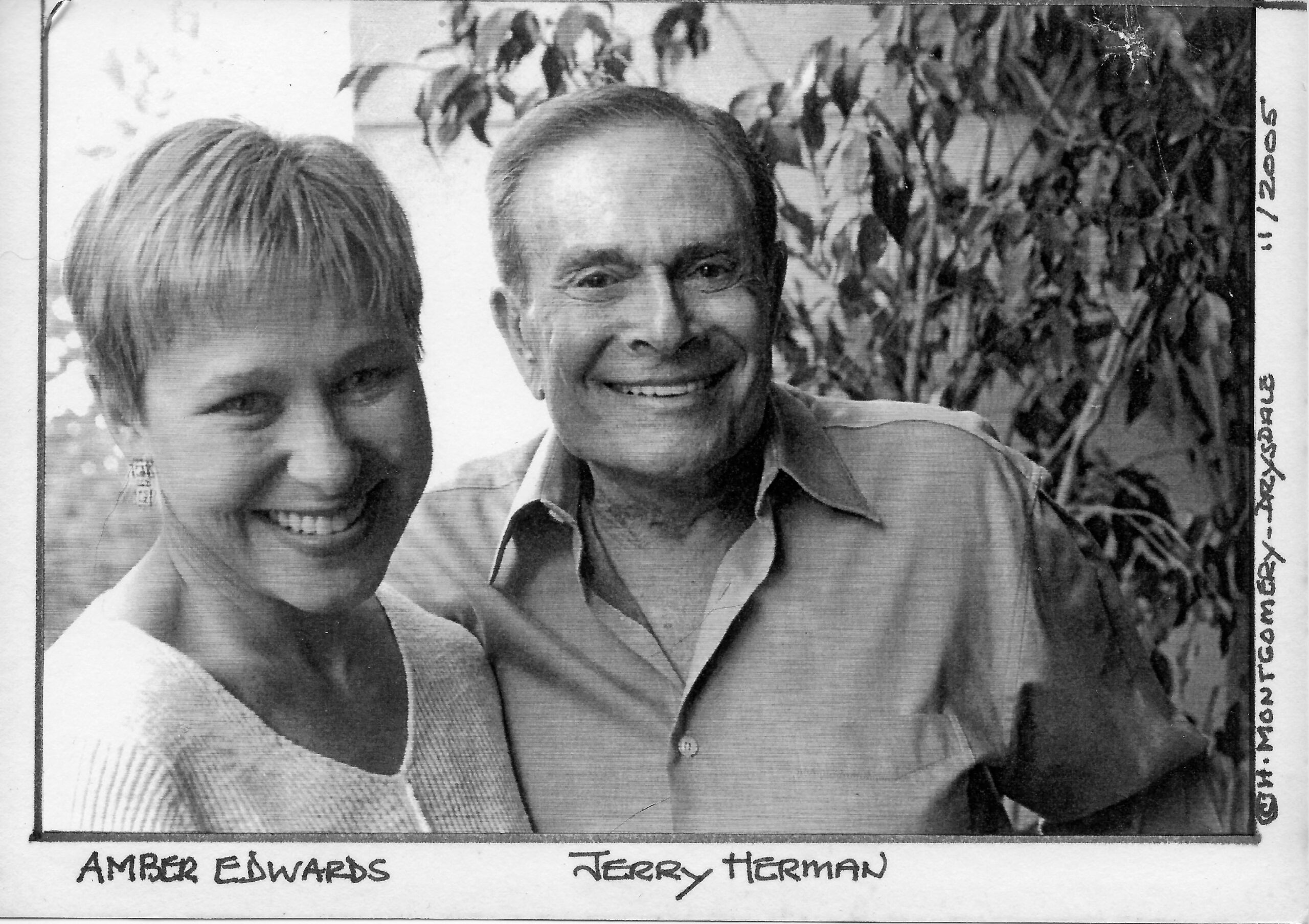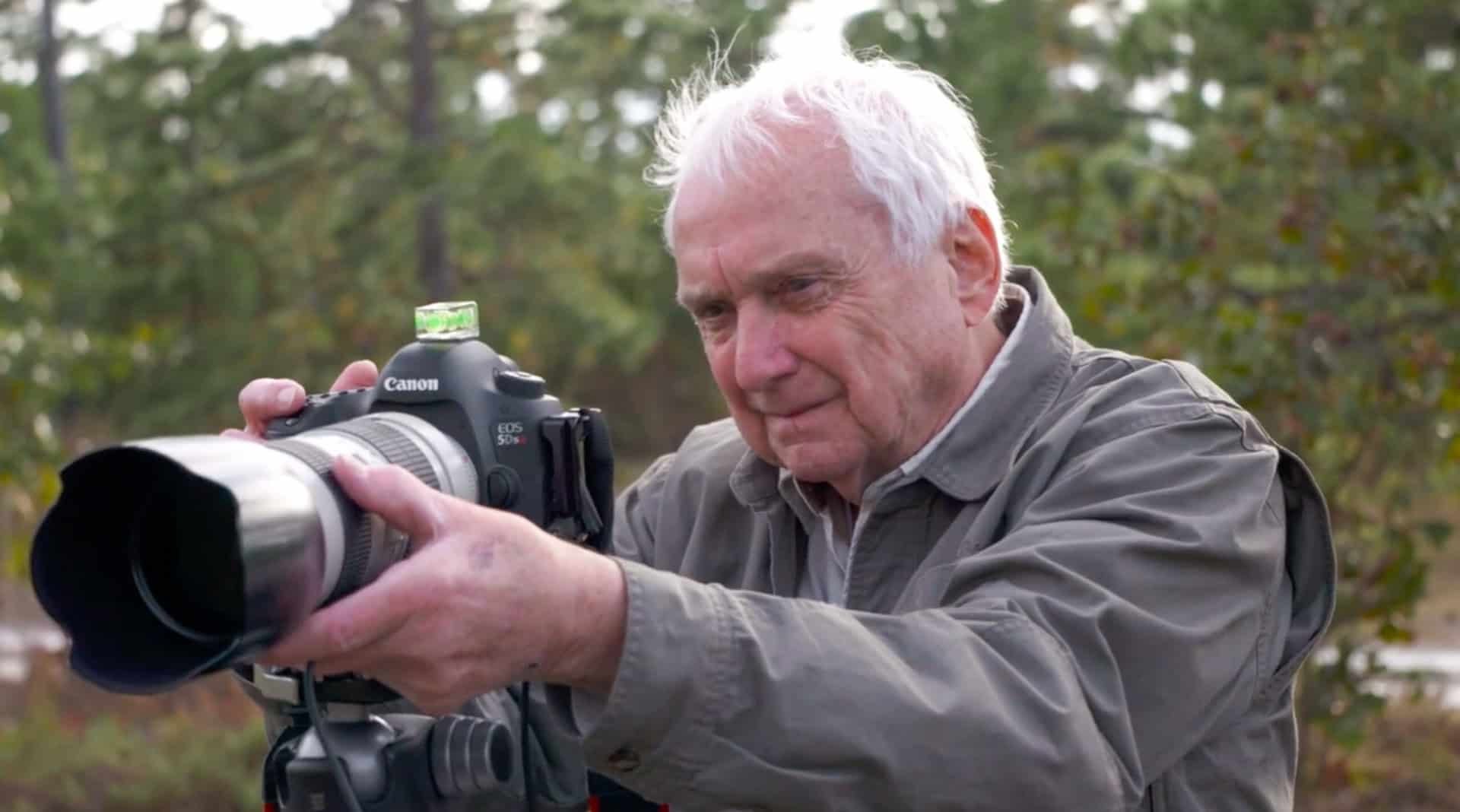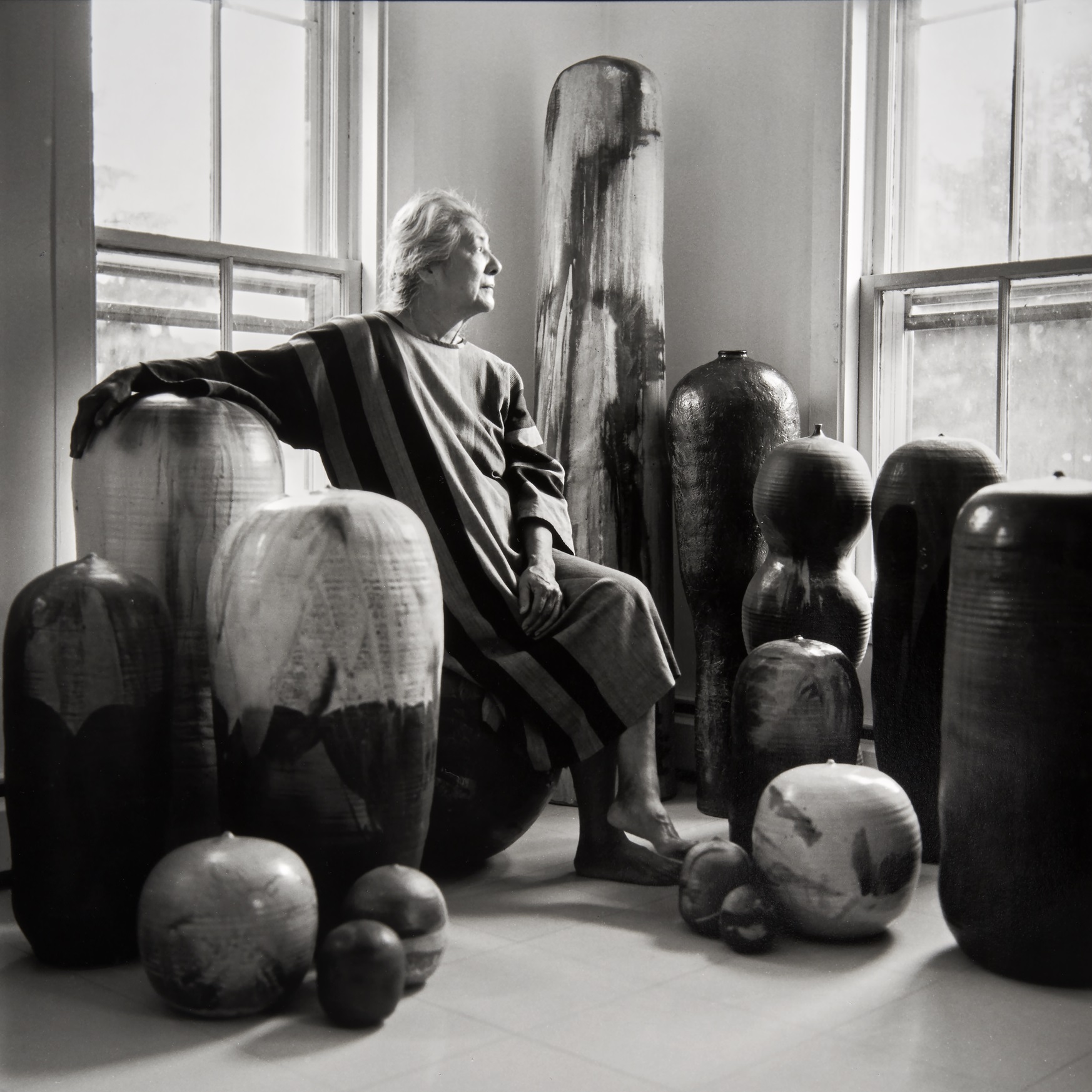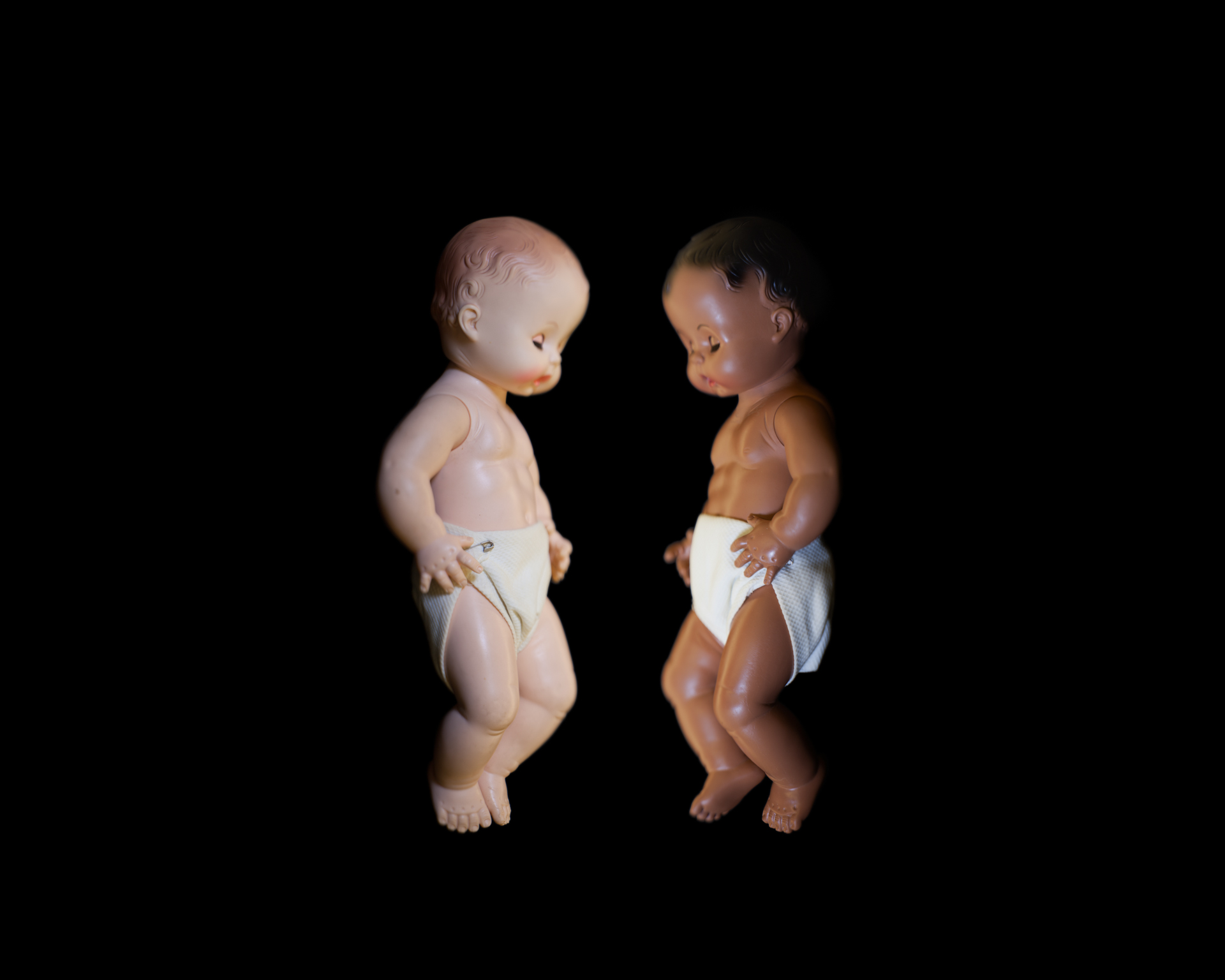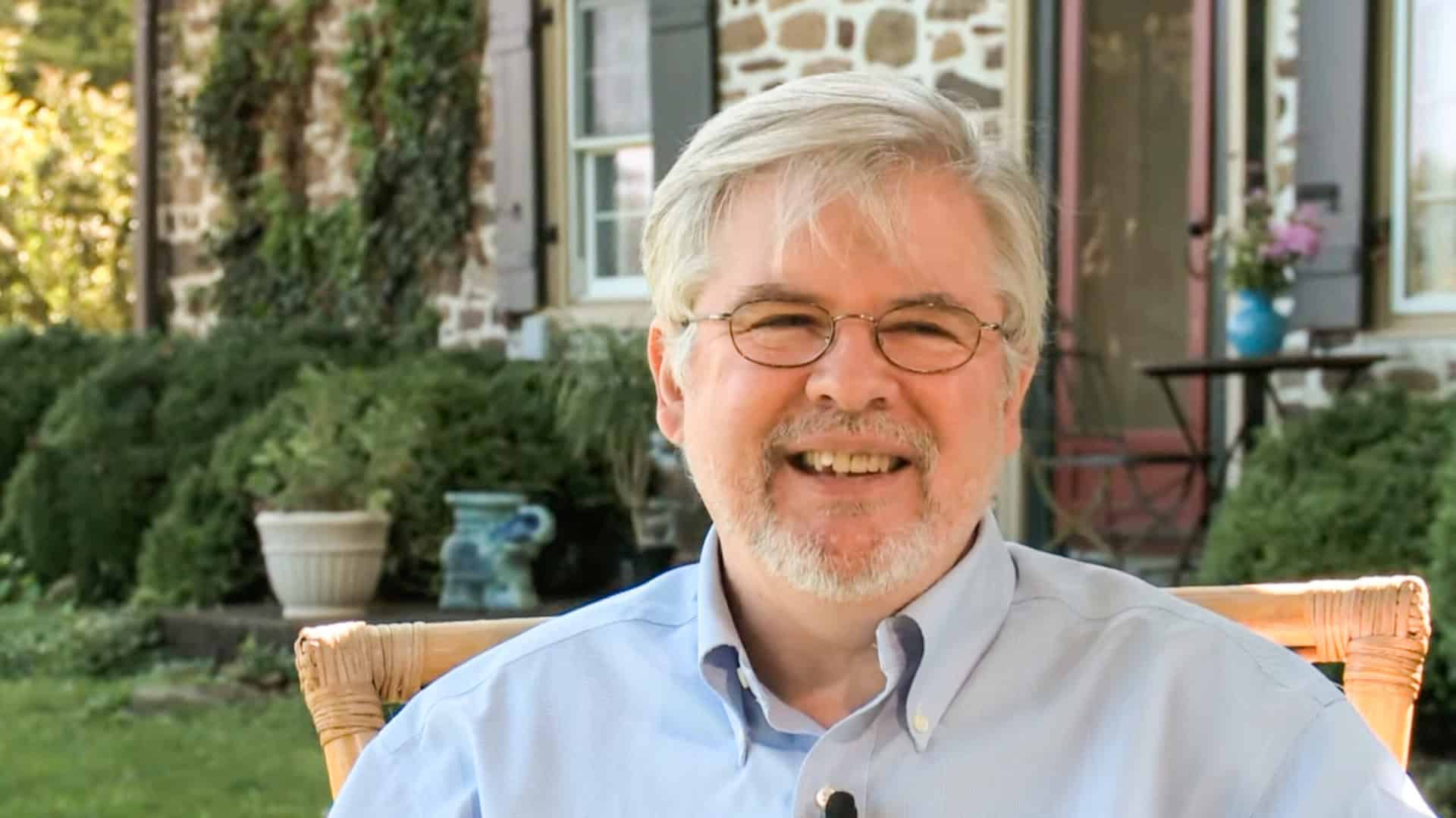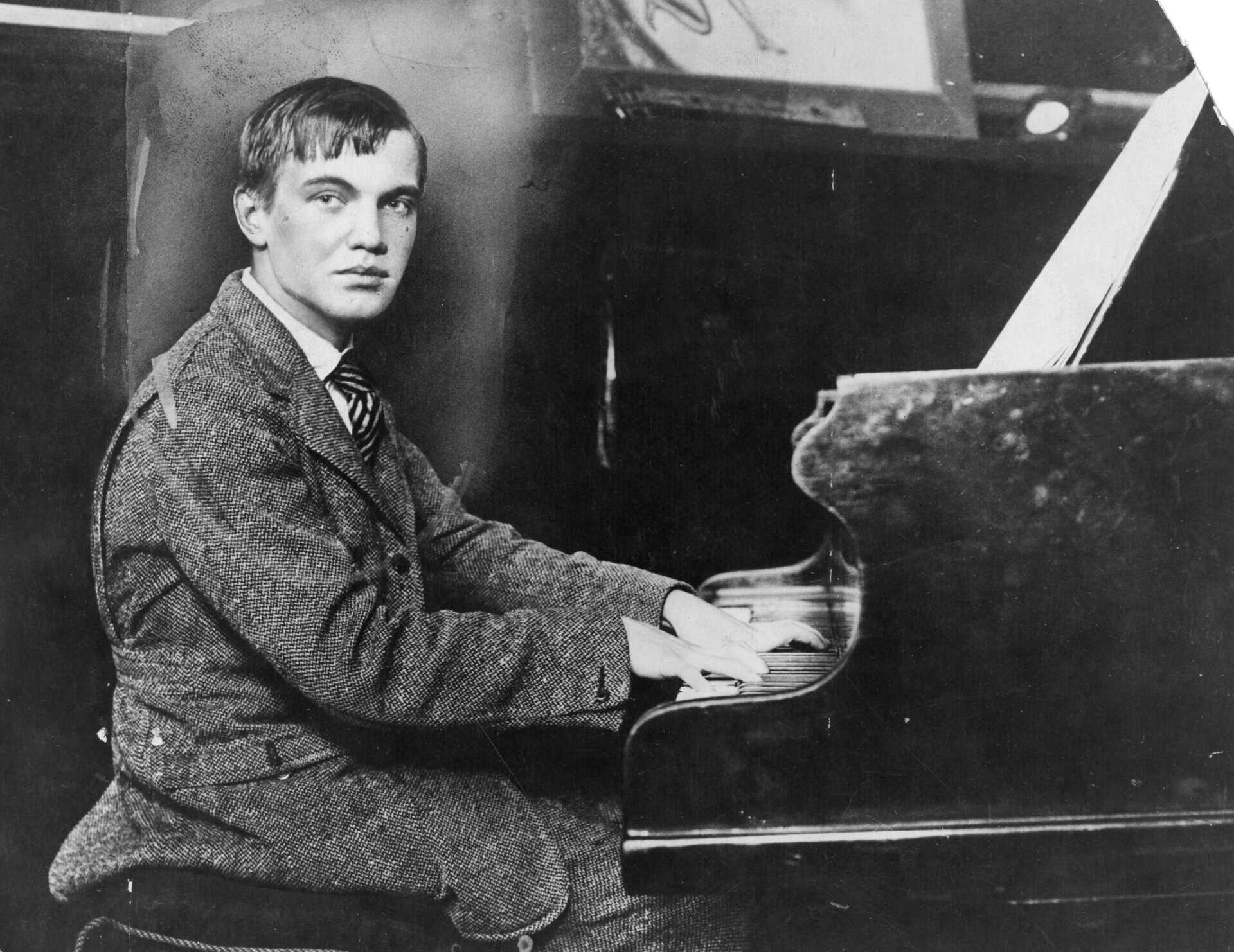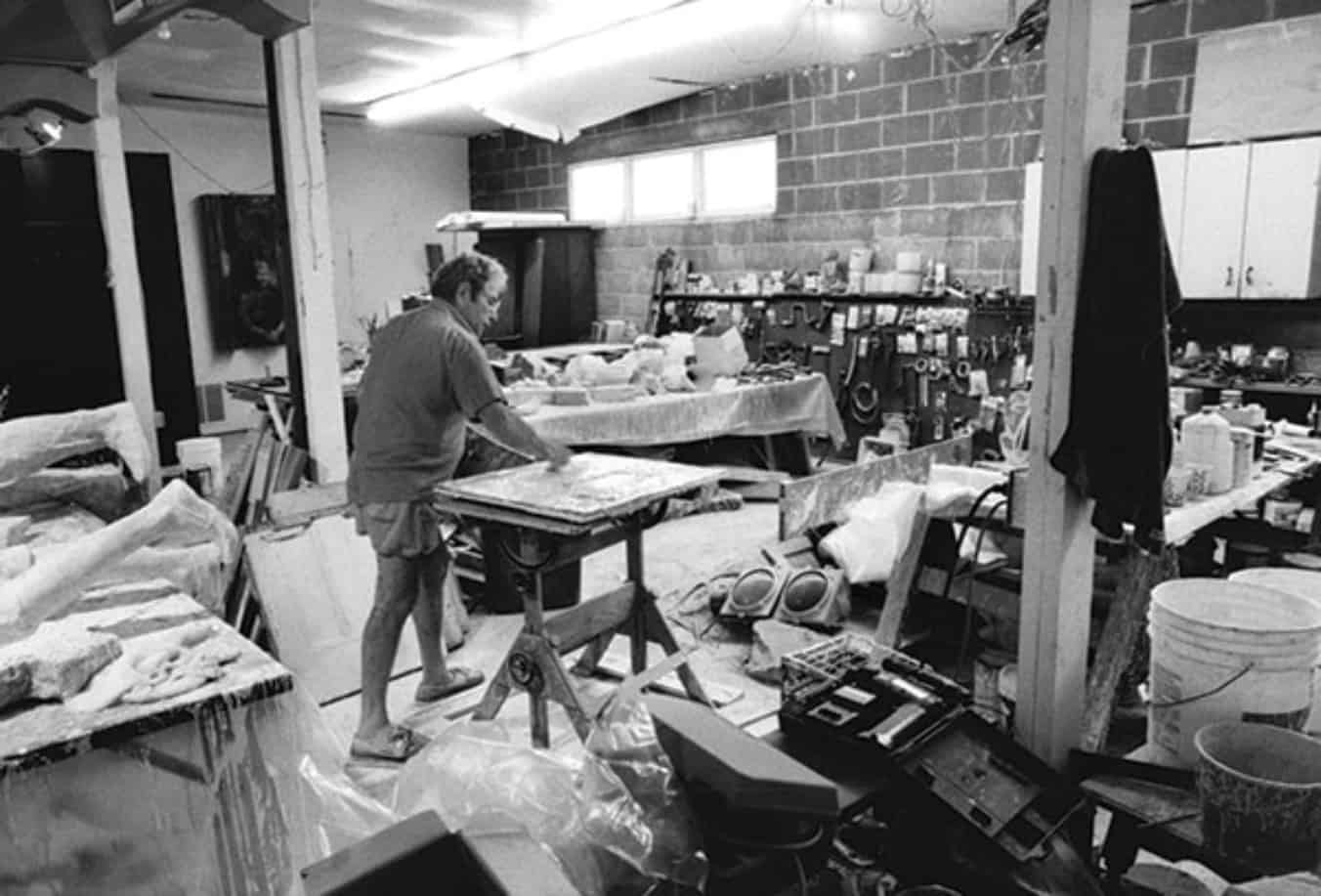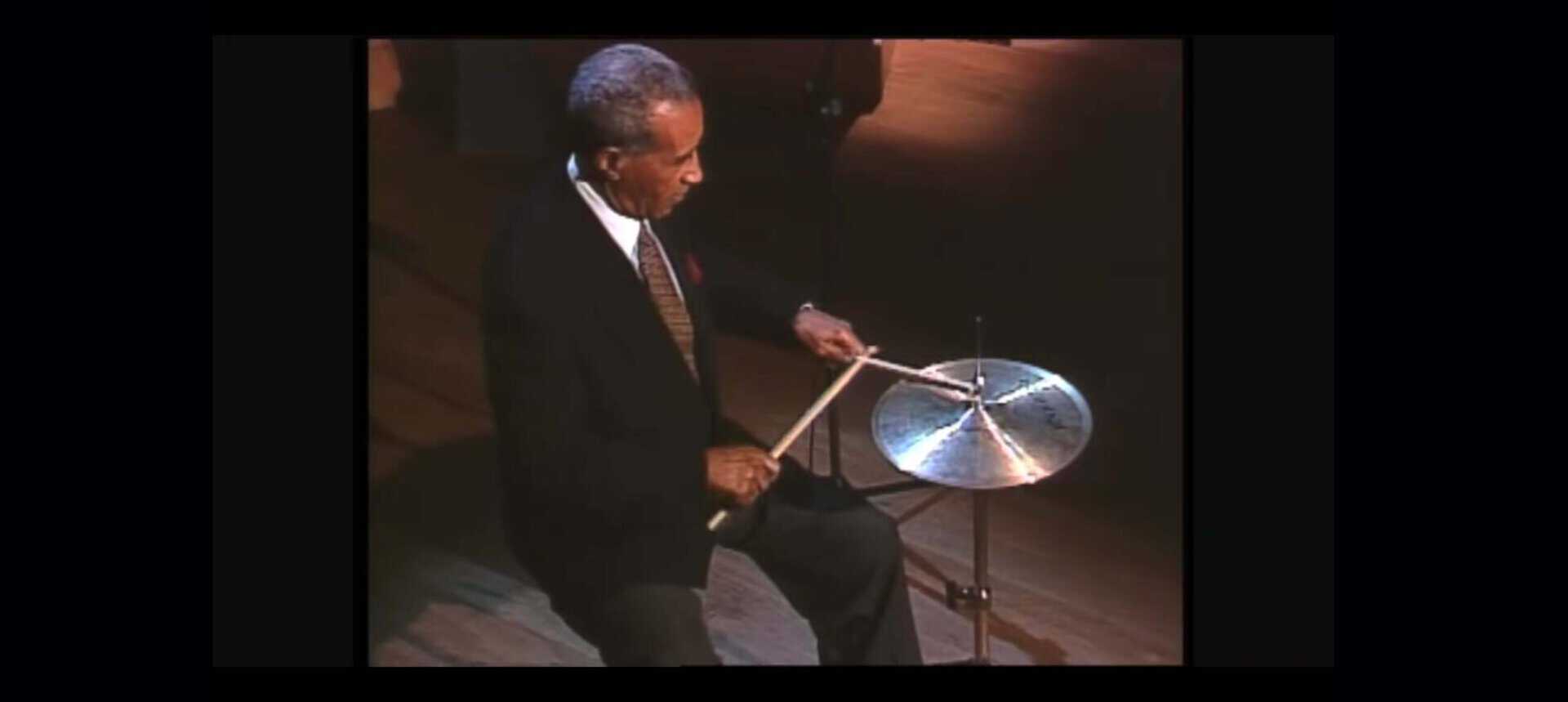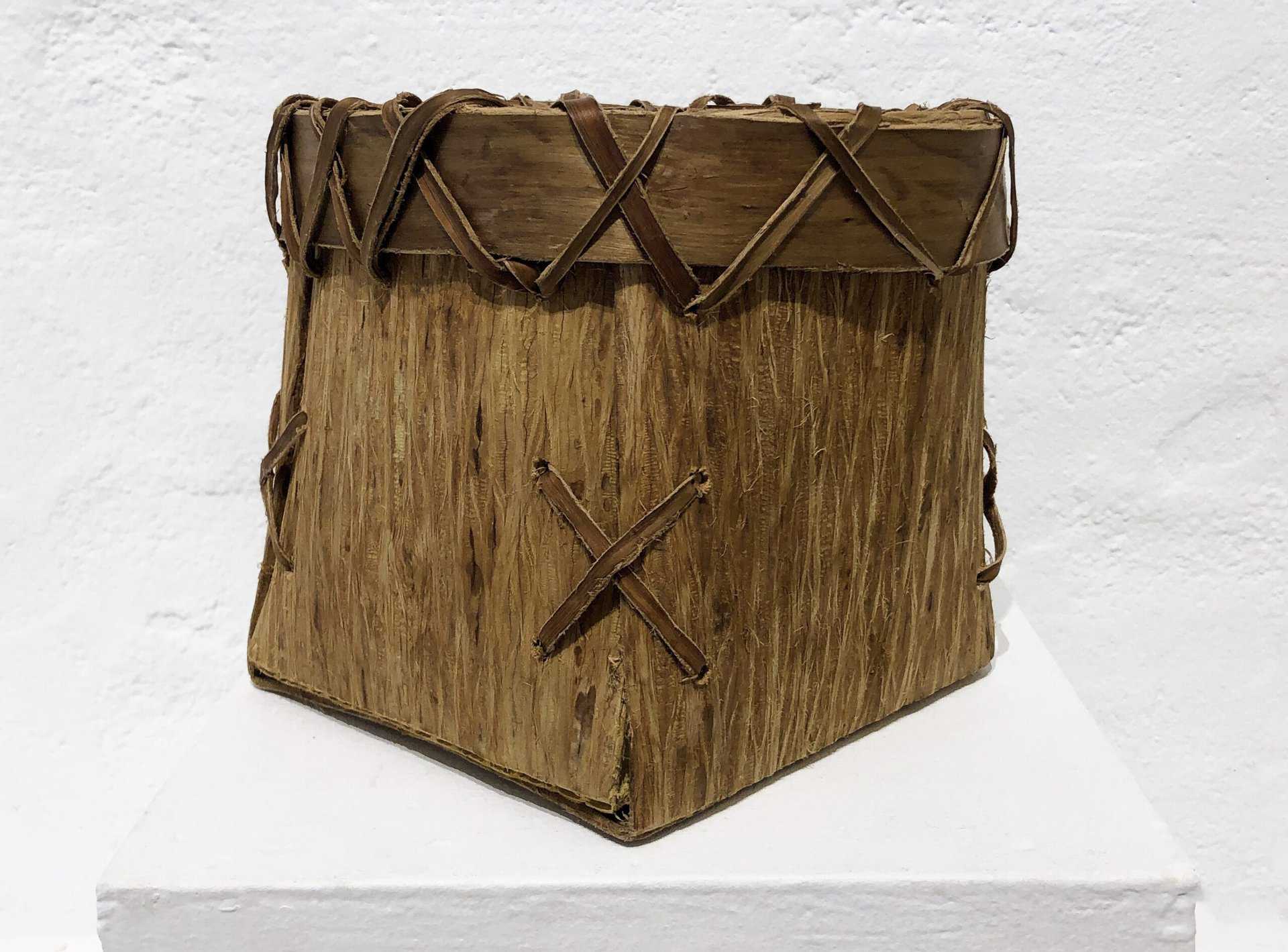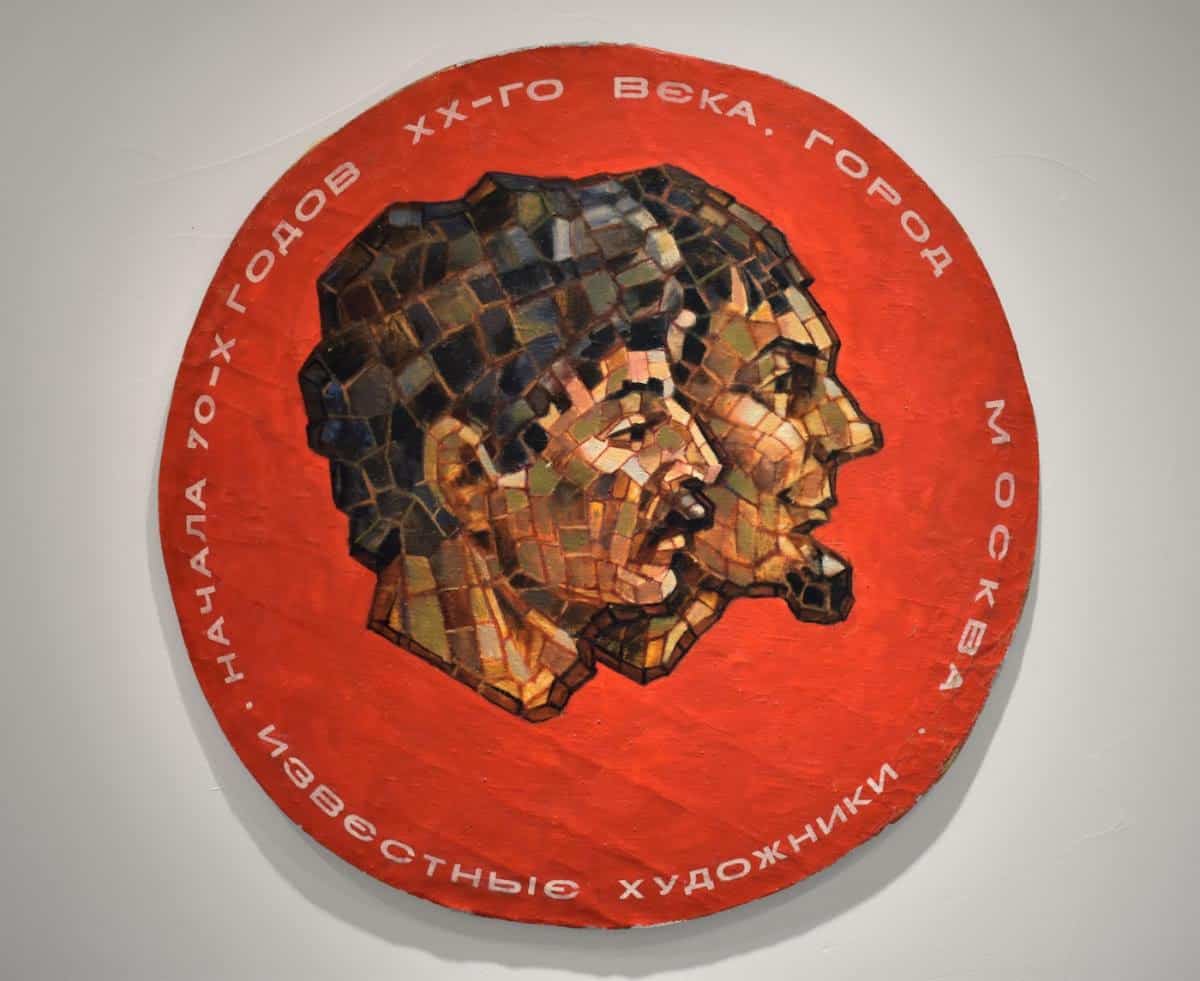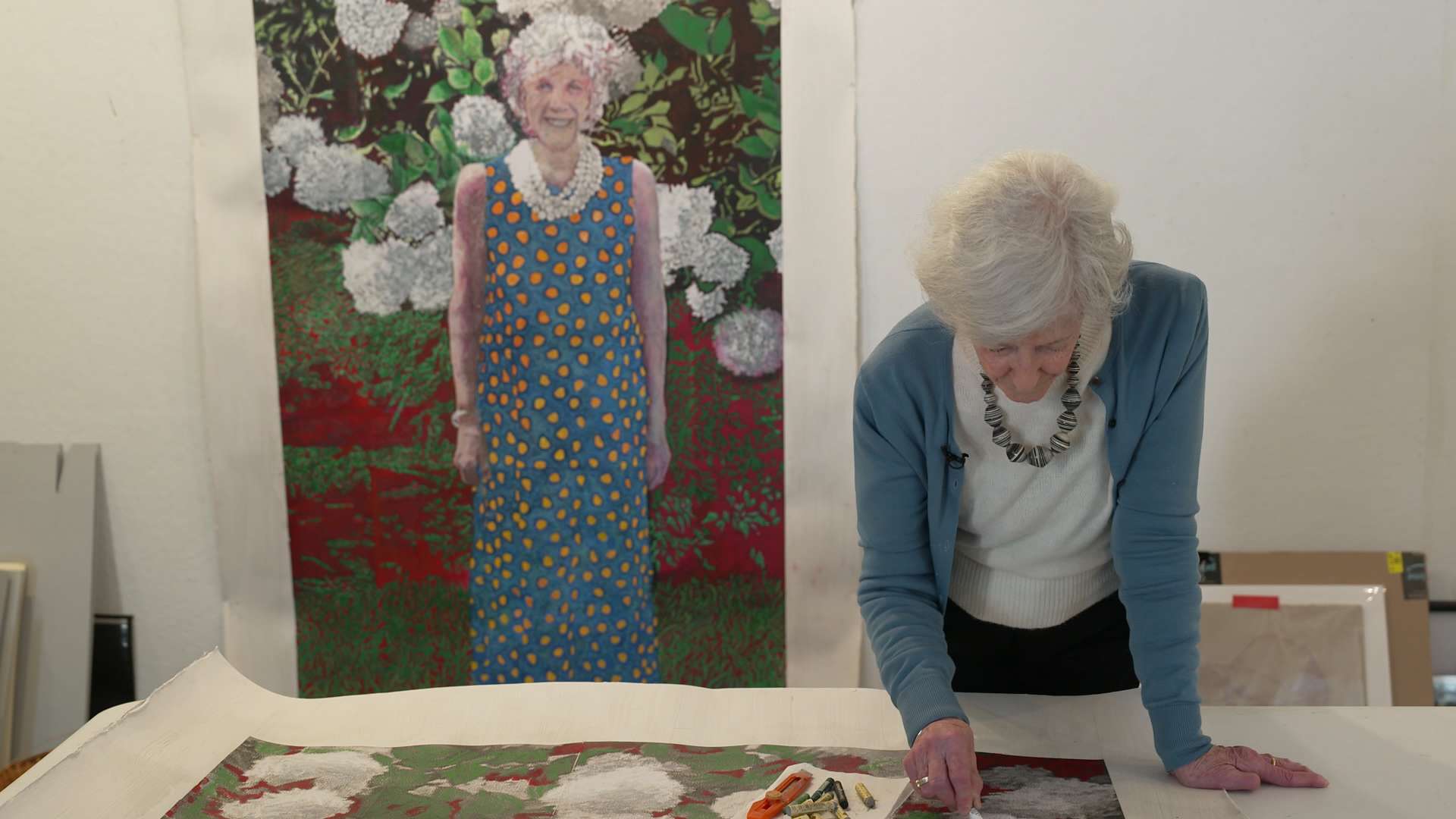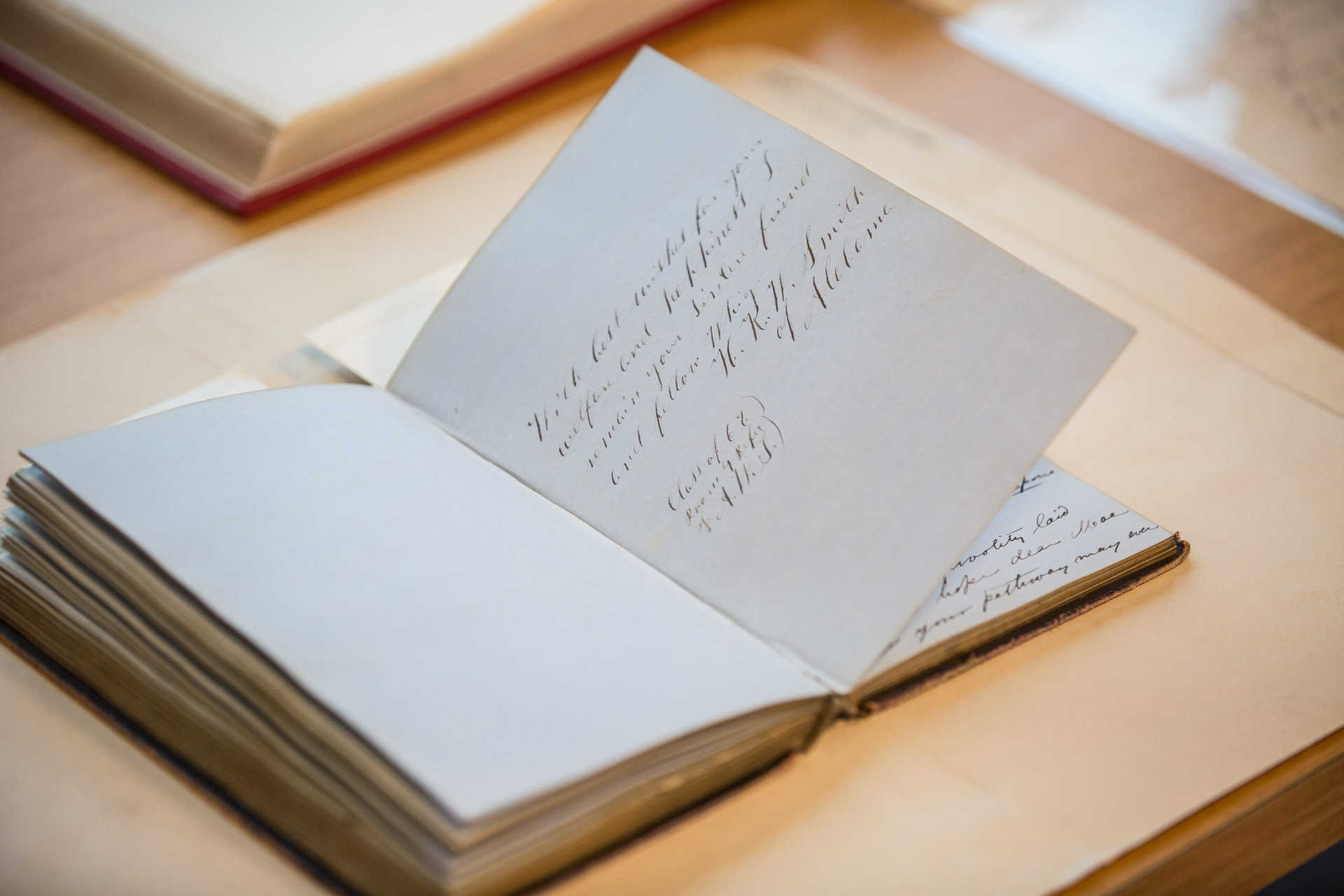December 17th this year is Beethoven’s 250th birthday. Musicians and music lovers around the world are celebrating. We’d like to share our own PBS program featuring the great composer’s Symphony No. 9, Ode to Joy.
The production is one example of how a short State of the Arts feature inspired and grew into a full-length PBS special.
In this case, it started back in 2007 when we produced a feature about the Scheide Library at Princeton University. We spent several days filming in the special room the Princeton University Library had created for Bill Scheide’s rare book and manuscript collection. It is one of the most extraordinary collections in the world. There are early printed Bibles, including a Guttenberg, a first printing of the Declaration of Independence, hand-written musical scores by Bach, Mozart, Schubert and, yes, Beethoven, and countless other treasures. I learned that William H. Scheide’s own life was equally amazing and it became clear there was far more to the story than we could capture in a 10-minute feature.
Several years later, when Princeton University hosted a 100th birthday celebration for Bill Scheide, we seized the moment. The Vienna Chamber Orchestra, the Westminster Choir, and renowned soloists performed the 9th Symphony with Mark Laycock conducting. We filmed the concert for PBS and created a concert documentary that both features the Symphony and tells about William Scheide’s extraordinary life.
We were thrilled to have John Lithgow agree to narrate the program. During our recording session, John fondly recalled hearing William Scheide conduct the Bach Aria Group at the McCarter Theatre in Princeton. John’s father, Arthur Washington Lithgow III, was the theatre’s artistic director. John was a teenager and a classical music lover. As you will see in our program, the Bach Aria Group was just one of Bill Scheide’s amazing accomplishments.
Beethoven wrote the Symphony No. 9 toward the end of his life. He was completely deaf, in miserable health, and completely forlorn in love. And yet, he wove the text of Schiller’s “Ode to Joy” into the final movement and created one of the most uplifting and hopeful pieces of music ever written. It’s worth revisiting during these particularly challenging times.


